Data collection phase completed in landmark study in Uruguay
Can we come together as a community to transform learning?
For media inquiries, contact:
hello@educationfutures.com
For media inquiries, contact:
hello@educationfutures.com

What now?
This is a question to help us think about what we want in education – and what we want to get out of technologies in education. It is the driving question behind the ¿Y agora qué? research project, funded by the Uruguayan National Agency for Research and Innovation (ANII) and Fundación Ceibal.
Serving as the lead investigator and visiting professor at Universidad ORT Uruguay, Education Futures founder John Moravec is collaborating with ORT graduate student Verónica Zorrilla de San Martín to ask, can we build a collective capacity to transform the use of technologies in primary education in Uruguay? Utilizing the World Café action research method to engage with over 350 participants, the project is conceived as an invitation to co-create solutions with all stakeholders in the educational process (opinion leaders, collaborative institutions, governments, teachers, students to ask:
Moravec states:
What really distinguishes this study is that we are working from the bottom-up, bringing teachers, students, parents, and other community members together to envision new education futures. Too often –and particularly in Latin America– educational policy is dictated from the top-down with little input from teachers, parents, and students. This study turns that relationship upside down and asks these typically underrepresented stakeholders, what now?
Moravec and Zorrilla note that over the past 9 years, Uruguay has implemented a 1:1 computing initiative, providing each primary-level learner with a tablet or laptop (known as Plan Ceibal). Recent research has found, however, that the mere presence of these resources have no increased educational achievement. So, what now? Utilizing these tools in new ways, and building from the bottom up, can we build a collective capacity to use these technologies innovatively in education?
The data collection phase closed May 31. A final report will be published in September, 2016 on the website y-ahora-que.uy.
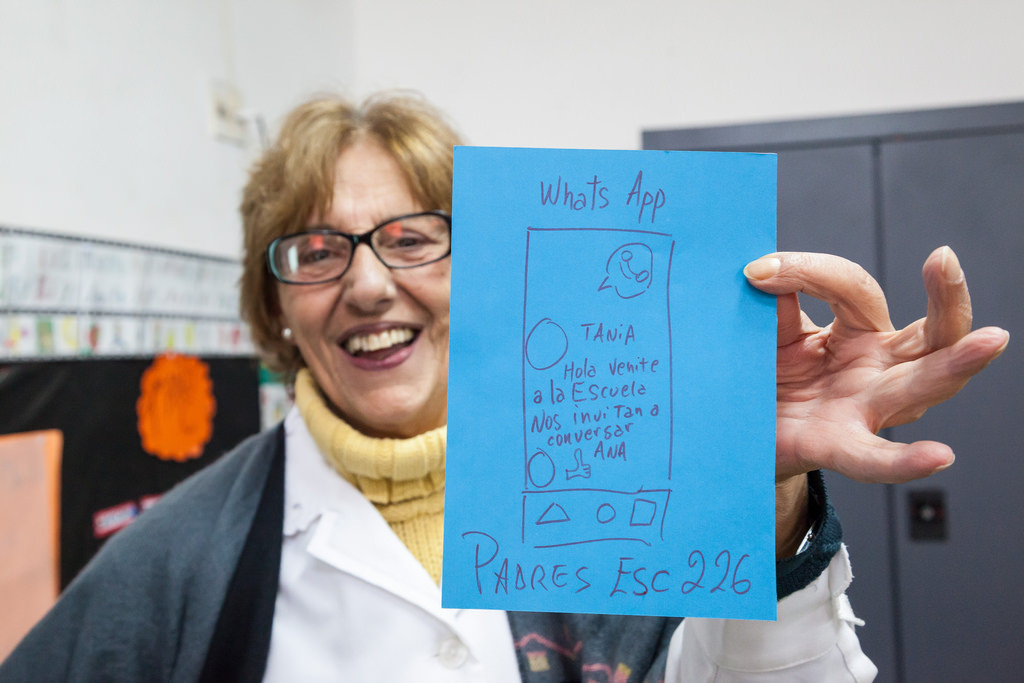
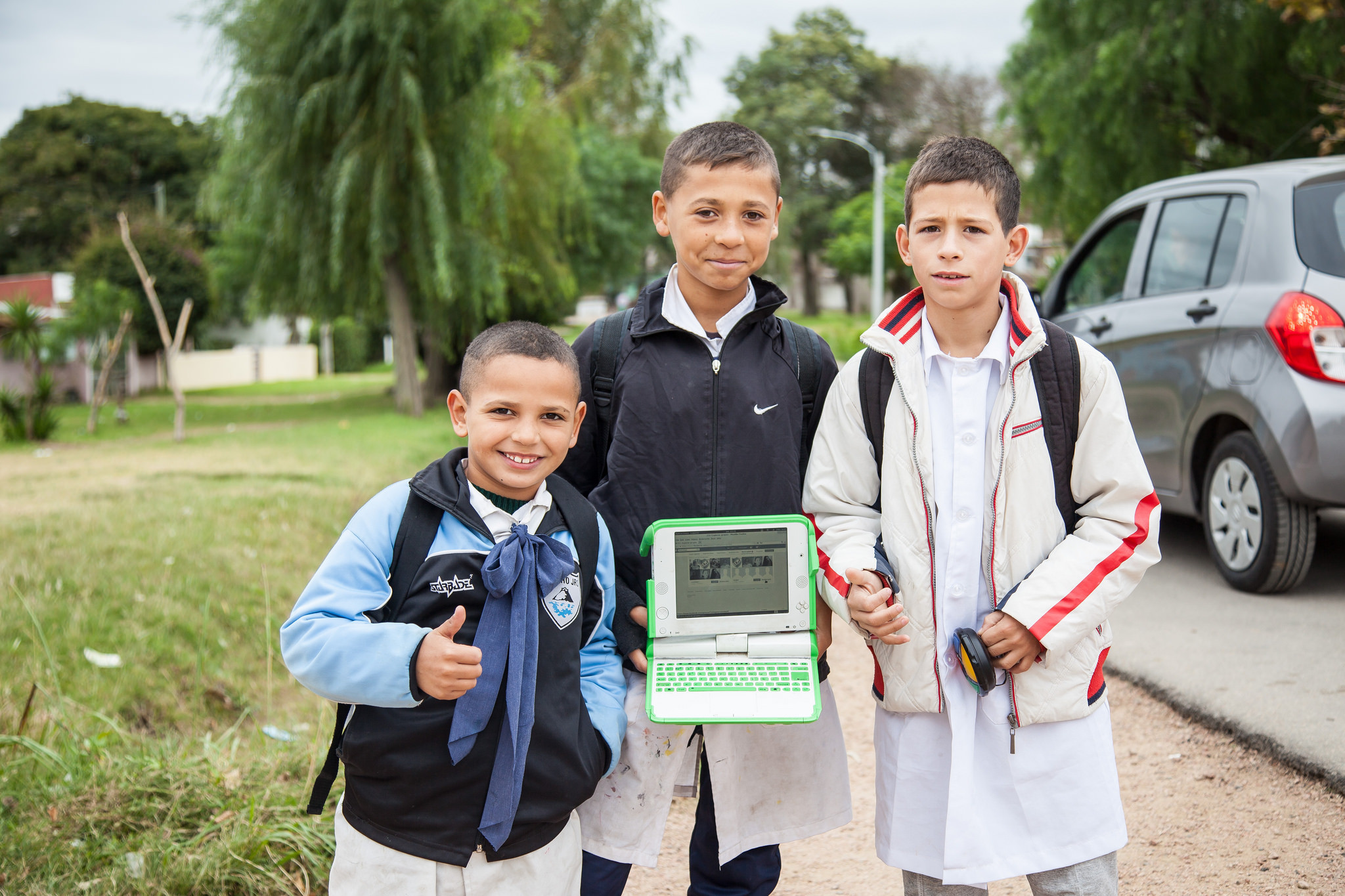
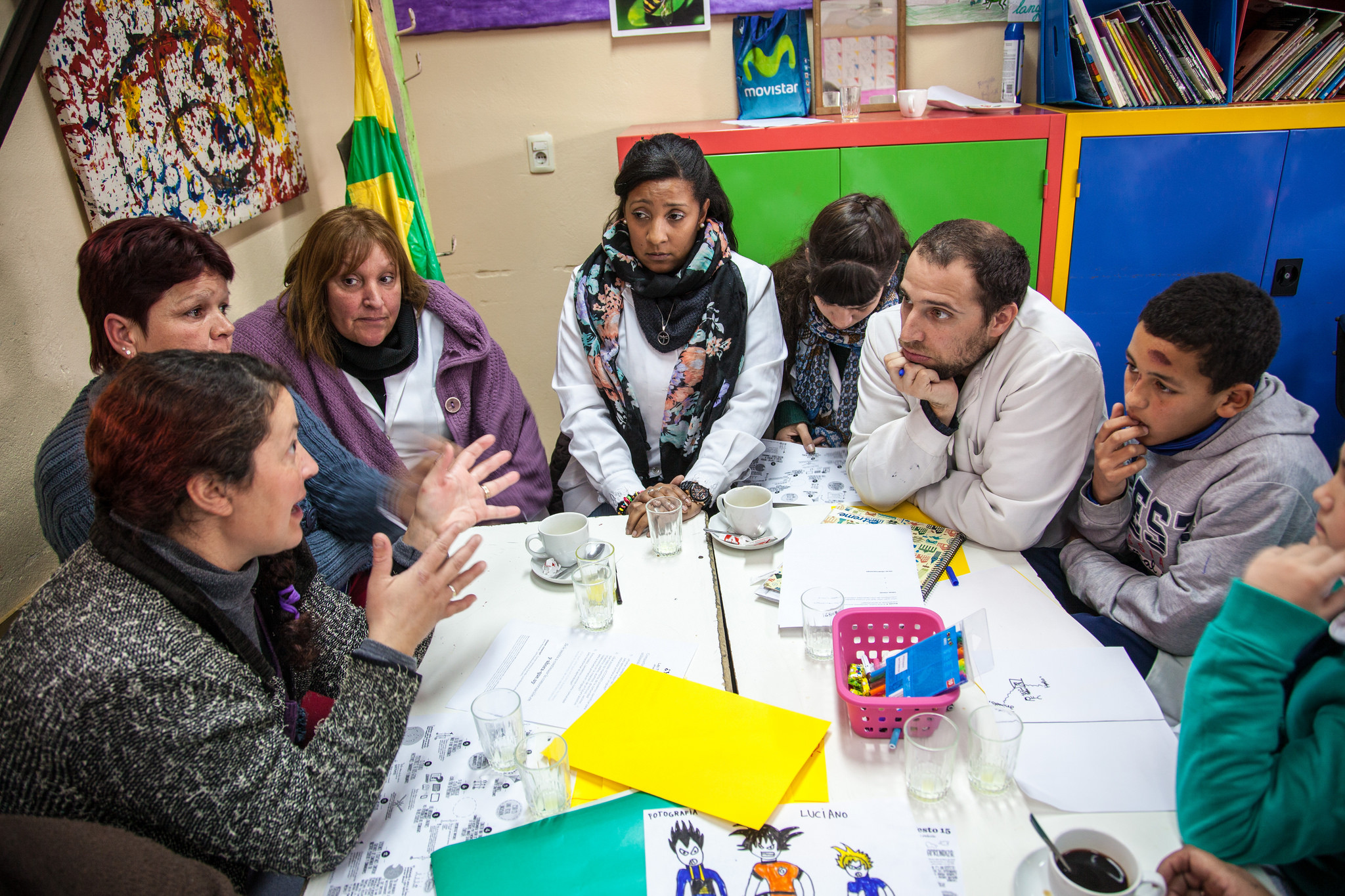
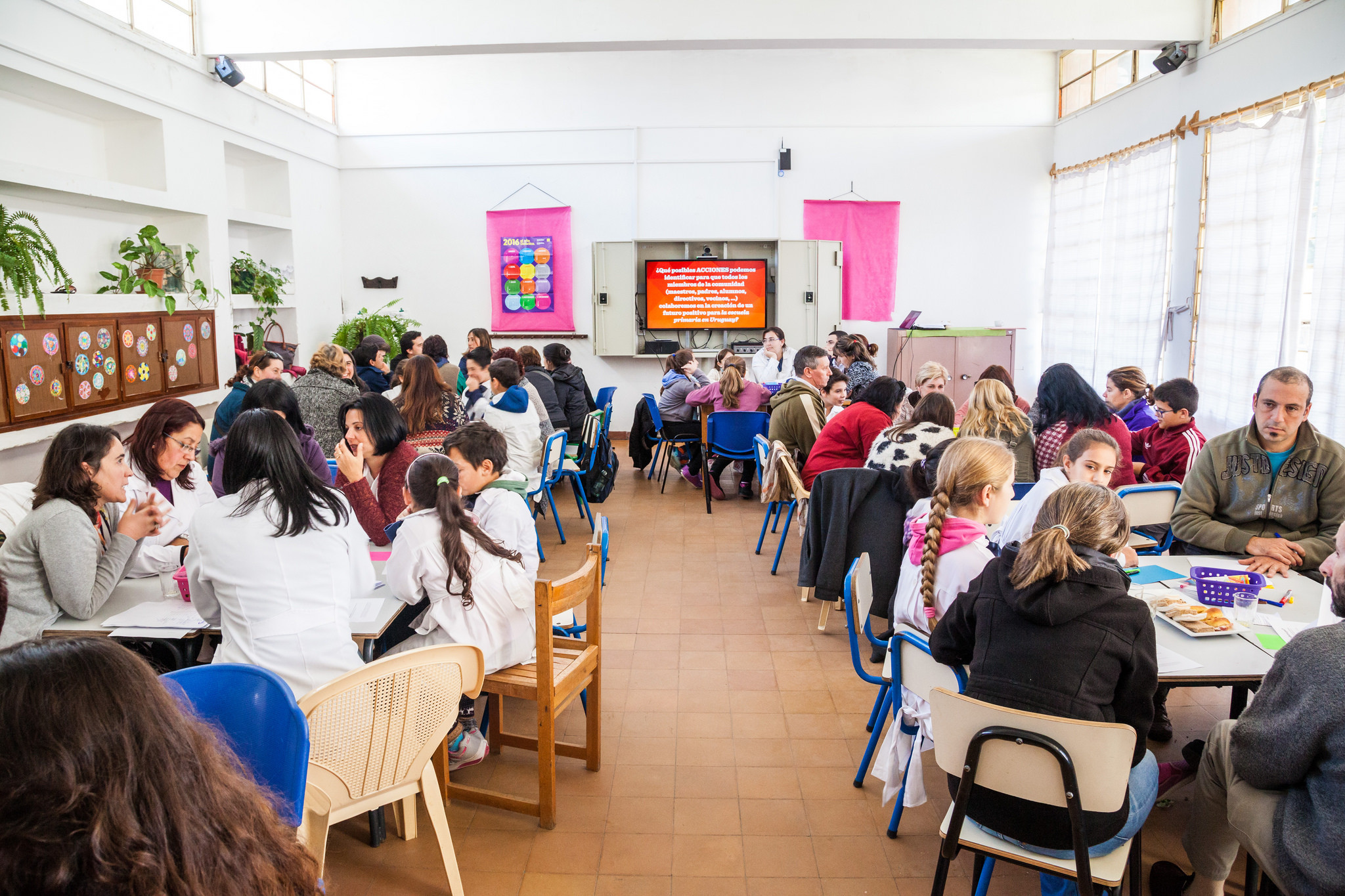
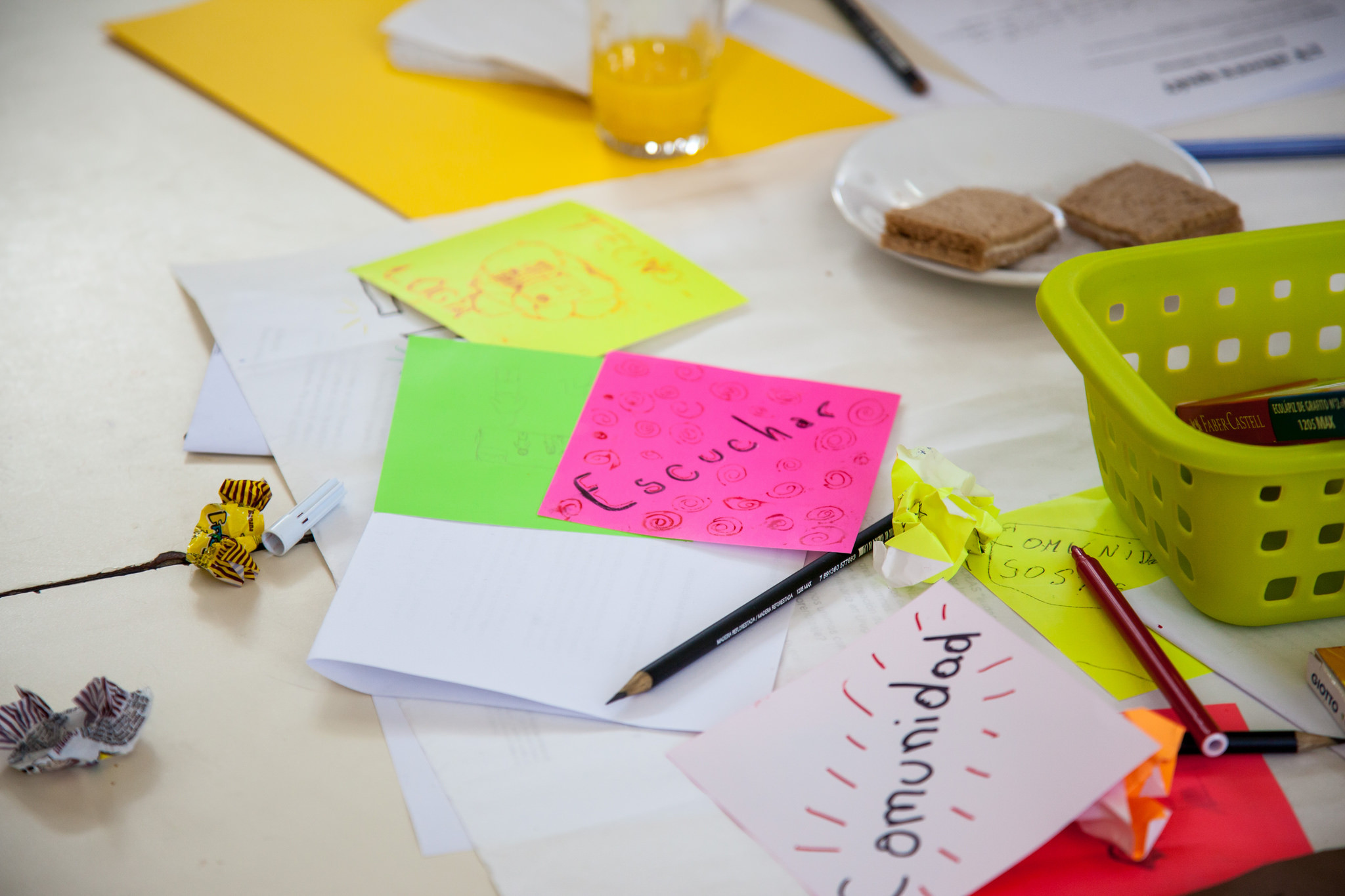
How does the idea of captive versus captivated translate into classrooms?
Education Futures LLC
+1 612-234-1231
hello@educationfutures.com
Subscribe to our newsletter
Follow us on: LinkedIn | Facebook